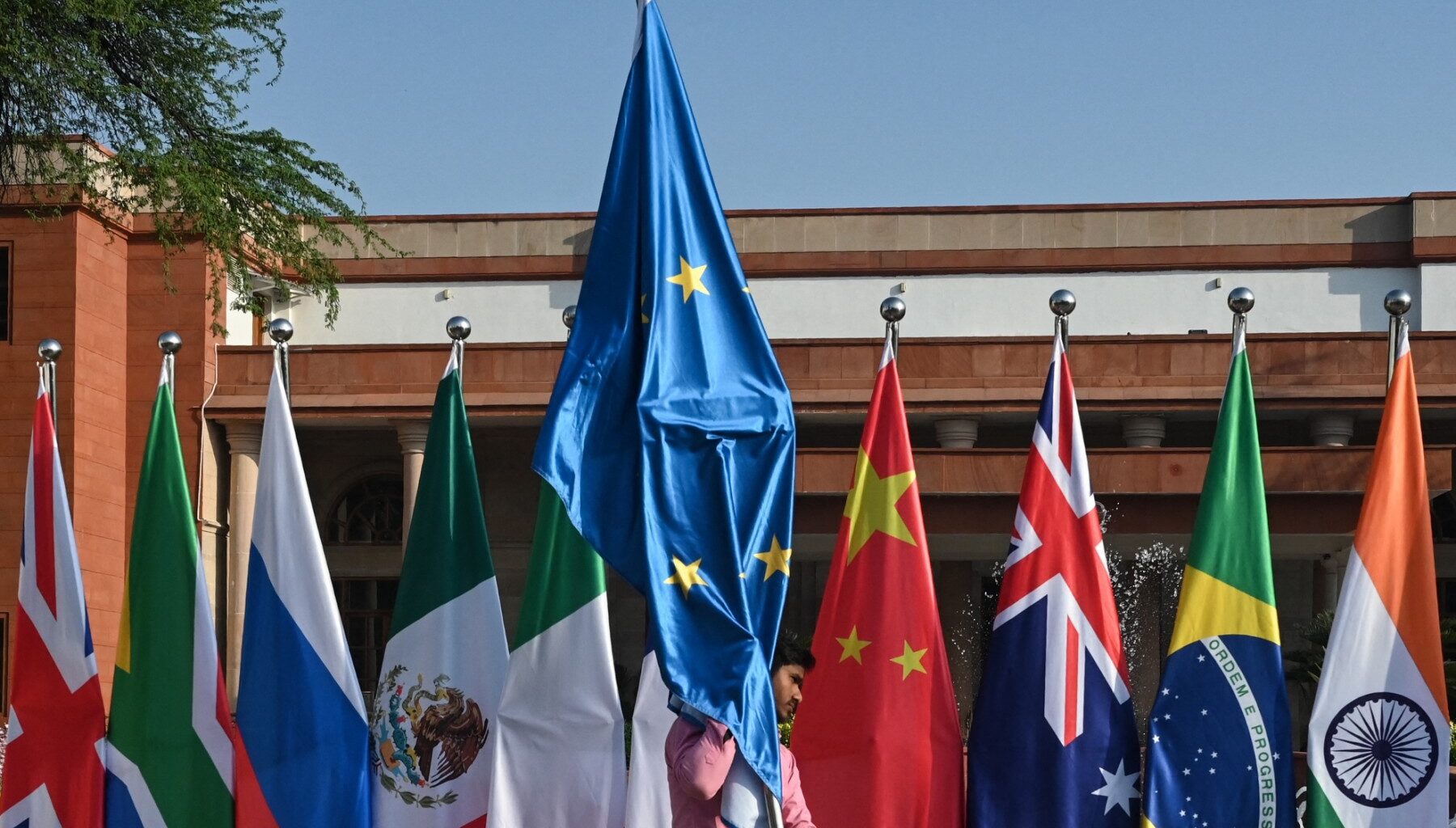November 5, 2025
NEW DELHI – India and the European Union (EU) have intensified trade talks as Union Minister of Commerce and Industry Piyush Goyal met with EU Commissioner for Trade and Economic Security Maros Sefcovic in New Delhi.
The meeting focused on reviewing progress on the India–EU Free Trade Agreement (FTA) and strengthening bilateral trade and investment relations.
Taking to social media, Goyal said, “Had a productive meeting with @MarosSefcovic, EU Commissioner for Trade and Economic Security, and @CHansenEU, Commissioner for Agriculture and Food. Discussed strengthening the India–EU trade and investment ties, advancing the FTA, and deepening cooperation across priority areas. Both sides are committed to balanced and mutually beneficial outcomes.”
A senior team of EU negotiators is currently in New Delhi from 3 to 7 November 2025 for discussions with their Indian counterparts on the proposed FTA.
The visit follows Minister Goyal’s official trip to Brussels on 27–28 October 2025, where he held forward-looking discussions with Maros Sefcovic, the European Commissioner for Trade and Economic Security.
Separately, Minister of State for Commerce and Industry Jitin Prasada held a bilateral meeting with Romania’s Minister of Foreign Affairs, Oana-Silvia Țoiu, in Bucharest. The discussions focused on expanding trade, attracting investment, and strengthening resilient supply chains within the broader India–EU economic framework.
During the meeting, both sides agreed to work towards concluding, within this year, a fair, balanced, and mutually beneficial India–EU Free Trade Agreement, in line with the political direction guiding the ongoing negotiations.
Notably, India’s exports to Romania crossed USD 1.03 billion in FY 2024–25, while overall bilateral trade reached about USD 2.98 billion in FY 2023–24.
Both sides agreed to deepen supply-chain linkages in priority sectors such as petroleum products, engineering goods, pharmaceuticals, and ceramics, and to facilitate collaboration in standards, testing, and investment partnerships to enhance market access on both sides.
They also agreed to work together towards diversifying production and building stronger, more resilient supply chains as trusted partners, ensuring stability and confidence for businesses in both nations.
